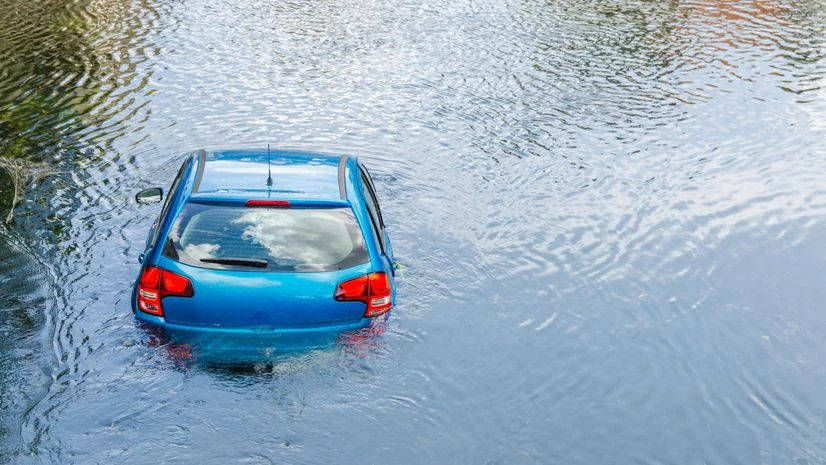Heavy rains in Central Europe cause flooding, leaving 16 dead in region | World News

)
Representative Image: Exceptionally heavy rainfall pounding Central Europe has prompted deadly flooding. Photo: Shutterstock
Exceptionally heavy rainfall pounding Central Europe has prompted deadly flooding in the region, with four new deaths reported Monday in Poland, three in the Czech Republic and one in Romania.
The flooding has swamped parts of Austria, the Czech Republic, Poland and Romania as a low-pressure system crossing the region has unleashed record-high rains for days, and it was expected to affect Slovakia and Hungary later in the week. So far 16 people have been reported killed seven people in Romania, five in Poland, three in the Czech Republic and one in Austria.
In Poland, Prime Minister Donald Tusk held an emergency meeting and later declared a disaster in flooded areas, a government measure to facilitate evacuation and rescues. He also said the government would provide 1 billion zlotys (USD 258,000) in immediate payouts to victims.
The flooding in Poland has burst dams and embankments while receding waters left streets covered in piles of debris and mud. It prompted a hospital in the southwestern Polish city of Nysa to evacuate about 40 patients.
Schools and offices in the affected areas were closed Monday and drinking water and food were being delivered by trucks. Many Polish cities, including Warsaw, have called for food donations for flood survivors.
Experts warned of flood threats due to the cresting Oder River in Opole, a city of some 130,000 residents, and Wroclaw, home to about 640,000 residents and where disastrous flooding happened in 1997.
Firefighters in southwestern Poland said flood victims included a surgeon whose body was found Monday morning in Nysa after he returned from hospital duty. The bodies of two women and two other men have been found in other communities in the region.
Romanian authorities said Monday that another person died in the eastern county of Galati, bringing the total number of deaths there to seven.
One death previously was reported in Austria.
Authorities in the Czech Republic declared an emergency in two northeastern regions, including in the Jeseniky mountains near the Polish border.
A number of towns and cities had been submerged in the northeast, with thousands evacuated. Military helicopters joined rescuers on boats in efforts to transport people to safety. Waters were receding from the mountainous areas on Monday, leaving behind destroyed houses and bridges and damaged roads.
In most parts of the country, conditions were expected to improve later Monday.
Czech Prime Minister Petr Fiala visited the town of Jesenik, one of the hardest hit places.
The worst is behind us and now, we have to deal with all the damage, Fiala said following the visit.
In Hungary, the mayor of Budapest warned residents that the largest floods in a decade were expected to hit the capital later in the week, with the waters of the Danube River set to breach the city’s lower quays by Tuesday morning.
Prime Minister Viktor Orbn cancelled his planned foreign engagements, including an address to a plenary session of the European Parliament on Wednesday where heated debates were expected over his conduct since Hungary took over the European Union’s rotating presidency in July.
Until we reach the peak and get past the worst of it, I naturally won’t be leaving the country, I’ll be here at home, he said.
Budapest Mayor Gergely Karcsony wrote on Facebook that the city would use 1 million sandbags to bolster flood defences, and asked residents to take extra care when near the river.
(Only the headline and picture of this report may have been reworked by the Business Standard staff; the rest of the content is auto-generated from a syndicated feed.)
First Published: Sep 17 2024 | 7:38 AM IST




